
A quick glimpse into government policies in the Indian higher education scenario after the Independence and the major changes that include autonomy and outcome-based learning that evolved from these to create standards of excellence.
India has one of the largest systems of higher education in the world and this has been constantly evolving since independence. Numerous Education Commissions were appointed to study about the practices thereon and to suggest possibilities for improvement and make our system on par with international standards.
Table of Contents
Dr. S. Radhakrishnan, the chairman of the University Education Commission (1949) has rightly remarked that universities should be places of ‘intellectual adventure’ that develops an individual into a balanced person capable of meeting the challenges of the society as well as the professional world.
However, in line with recommendations of Dr. S. Radhakrishnan Commission, University Grants Commission was established in 1956 as a statutory body to determine and maintain the standards of higher education in India.
National Educational Commission (1964 – ‘66) was set up by the Government of India to examine all aspects of the educational sector in India. The commission recommended the establishment of more postgraduate courses, centres of advanced study and a small number of ‘clusters of centres’ to promote higher education; aiming at the highest possible standards in research and training.
The government of Prime Minister Rajeev Gandhi had introduced the New National Policy of Education in 1986. The prime focus of the policy was the removal of disparities that has evolved in the system of Education and to equalize the educational opportunities.
The NPE called for a learner-centered approach in education. It announced a strategy of ensuring a Minimum Level of Learning at each stage of education. This could be materialized by the realization of learning outcomes that are illustrated in the form of competencies or level of learning at each stages of a course of study.
The policy emphasized that universities should utilize their autonomy for promoting excellence in teaching and research. This could be effected through the autonomy of colleges and departments, cross-boundary interaction of institutions and funding agencies, hi-tech infrastructure, integration of teaching, research and evaluation for transforming the higher education to international standards. It also highlighted the importance of Information Technology, Management Studies and Science Education at the Higher Education level.
With autonomy there will be a paradigm shift in the system of education from compliance that occurs from control to smart engagement as a result of autonomy.
The national policy was revised by P.V. Narasimha government in 1992. The policy prioritized the development of autonomous colleges and departments, redesigned the courses to fit various industries, strengthened research and improved efficiency.
Since 1992, several programs were initiated to craft the system of education to an effective structure, capable of actualizing the goals of democracy and fostering social, economic, political, scientific development and to create a positive attitude to preserve the natural and cultural heritage of India.
After NPE, several educational programmes were launched by the government to transform the process of learning in India to international standards.
Regarding Higher Education the government of India has launched Rashtriya Uchchatar Shiksha Abhiyan (RUSA) in 2013 to ensure quality and excellence with greater efficiency, transparency, accountability and responsiveness.
Samgrashiksha Abhiyan, a holistic approach to education launched in 2018, is a flagship programmes in education to ensure all-round development.
The ongoing development in the contemporary educational practices reveals that there is a major thrust on democratization of education and making it fit to meet the challenges of the 21st century. The educational process is no longer authoritarian but is totally centered on the individual difference of the scholars.
However, the educational practices of an institution cannot be buried in the institutional purview; the digital revolution has transformed the system to clear and transparent practices which are liable for appraisal by the government agency for funding and future programs.
The Program of Action (PoA) 1992 started by the National Policy of Education has advocated the organization of a National Accreditation agency which has led to the establishment of NAAC (National Assessment and Accreditation Council) on 1994.
The prime focus of this agency is to ensure that quality is an integral part of Higher Education. The process of accreditation is so designed that an institution will be able to access its strengths, weaknesses and opportunities through an informed review process. Accreditation by NAAC is considered as a mandatory criterion by various funding agencies for performance funding.
The waves of LPG (Liberalization, Privatization and Globalization) had a positive impact on the Educational frontiers. The necessity for quality education with international standards has become a prime matter of concern. This policy attracts a lot of foreign investments in the sector which facilitated a hike in quality, research and development. There was a rapid increase in the educated population indicating a shift from an industrialized to an information society.
Despite the positive indicators, it may be noted that India is economically liberal but the education system is not so liberal. The higher education system, to a great extent, suffered from a lack of independence and hard rules of affiliation. The governments do not want to withdraw the control of the system. The major focus of the government is more on expansion and democratization than quality enhancement and research, which devalues the system to a greater extent.
The world as such is facing a profound skills gap driven by tech shifts, demographic changes and digital transformation. It is viewed with dissatisfaction that most of our university pass outs are not employable. The students were noted to have high skill gaps and the academic curriculum lags much behind the contemporary job requirements. Though we claim to be long term players of legacy history and approach, these issues have remained latent in the system of education as all these issues cannot happen overnight.
The implementation of OBE has revolutionized the quality of education. The process of education has transformed into a set of meaningful activity that enables the pupil to perform as per the targeted outcome. Besides OBE, the process of evaluation and accreditation of the system of education has catalyzed the improvement in the quality of education to a level of international standards.
It is noteworthy that many colleges and professional institutes have realized the bottleneck of skill gaps in the educational system. Most of the intuitions have initiated proactive steps to bridge this issue and are successful in designing effective co-curricular support to pace the scholars with the demands of the industry. Now apart from Academic curriculum industrial orientation with add-on technical skills, soft skills and international certifications are made available to the scholars.
However, the new policies of the government to promote autonomous colleges have created the freedom to the institutions to formulate dynamic curricula capable of filling the gaps between the industry and academics. These moves have accelerated our system of education to become proficient enough to elevate our students to internationally acclaimed standards.
Gauhati University recently made significant strides towards enhancing the quality of Higher Education across the North East region by signing a Memorandum of Understanding (MOU) with IPSR Solutions Limited. This significant agreement designates Gauhati University as a mentor in Outcome Based Education (OBE) for Higher Educational Institutions (HEIs) throughout the region. Through this MOU, IPSR […]
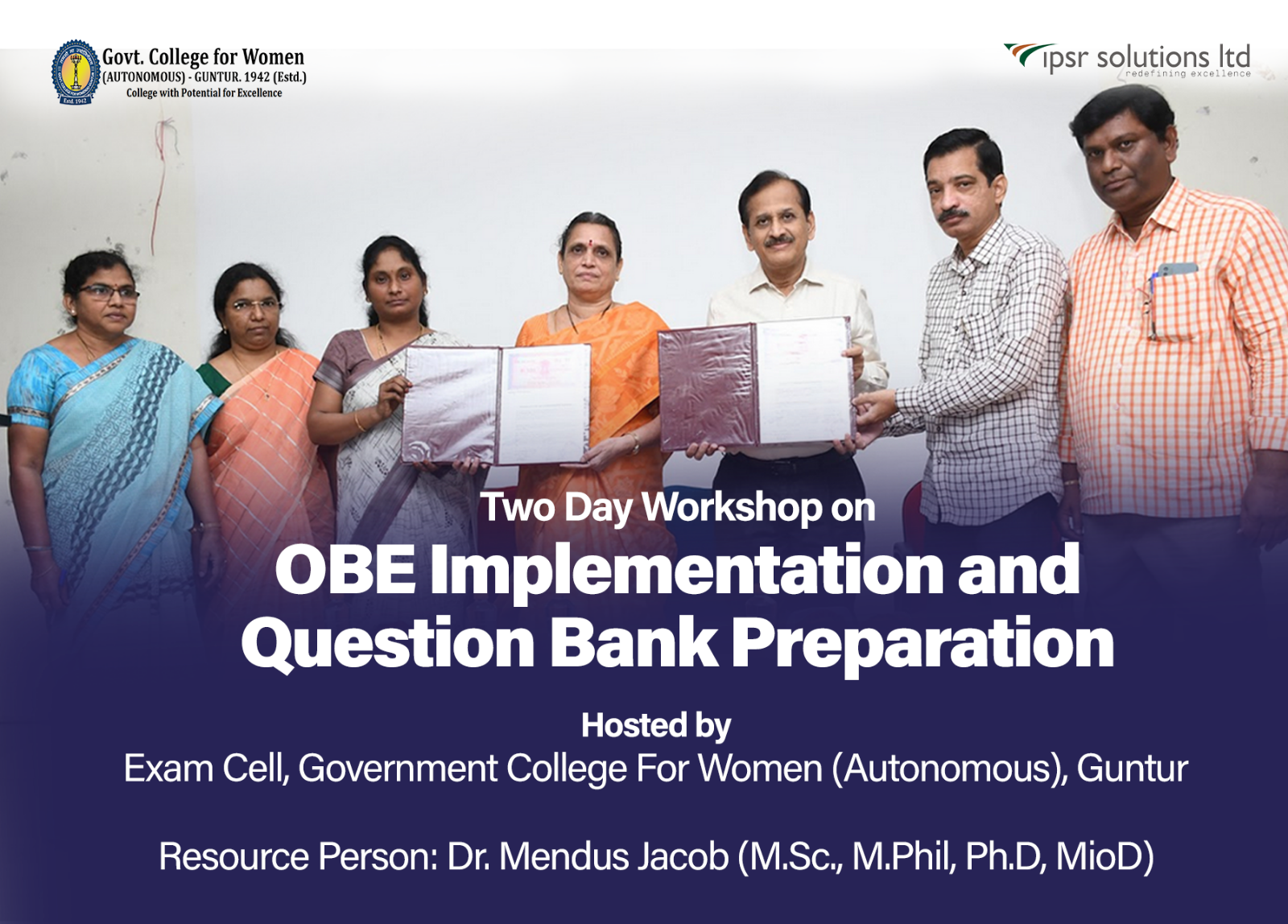
In a remarkable stride towards enhancing educational practices, Government College for Women Autonomous, Guntur, Andhra Pradesh, commenced on an enlightening two-day workshop on Outcome-Based Education (OBE) Implementation and Question Bank Preparation. Held on February 6th and 7th, 2024, this initiative was a collaborative effort with ipsr solutions limited, the recent OBE (Outcome-Based Education) workshop held […]
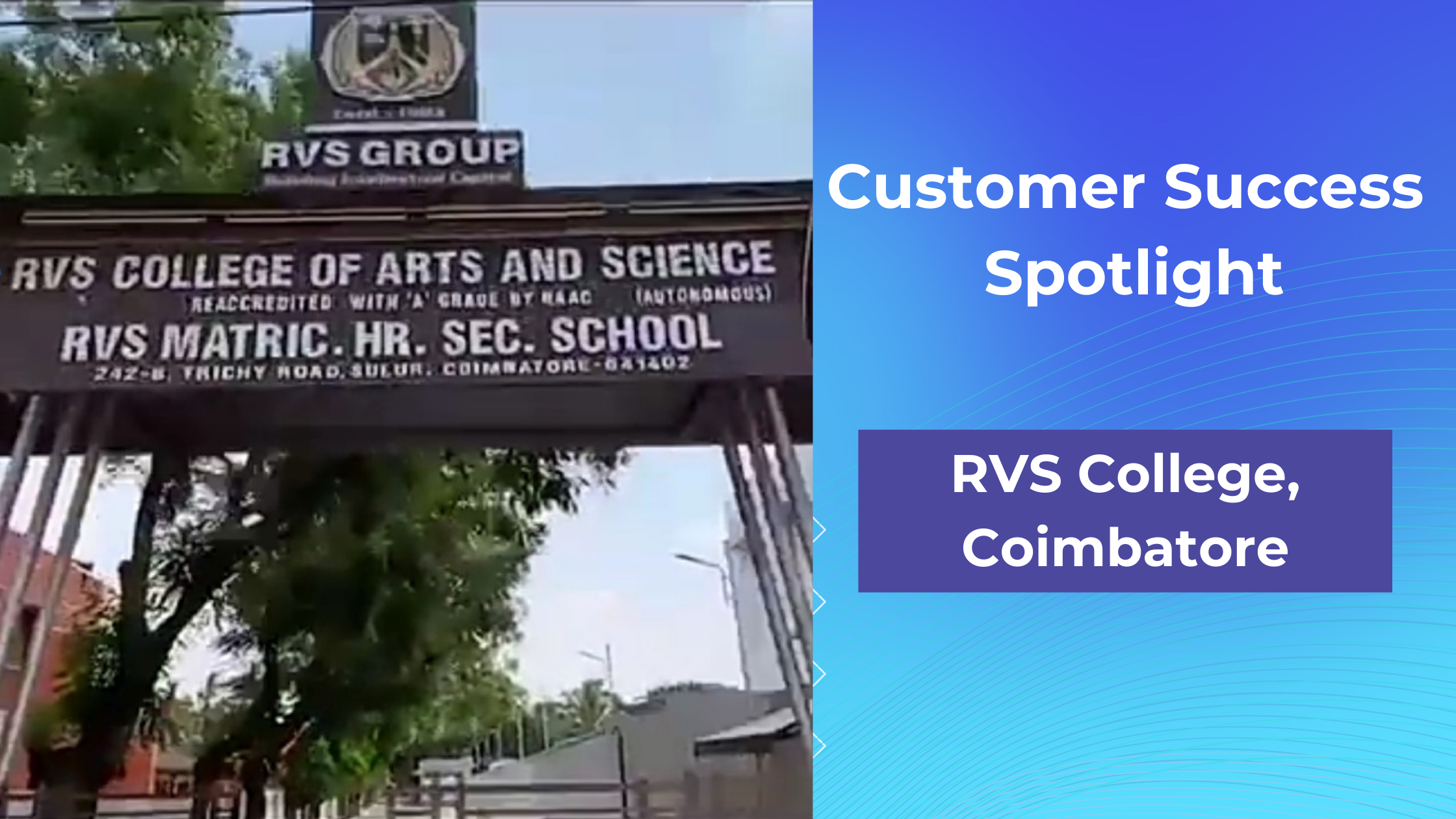
A journey begins. In 2019, just before the pandemic started, we were contacted by RVS College regarding OBE implementation. That’s how our relationship with our latest QnSmart i customer began. Our deep expertise, our research insights, and our dedication and focus on helping colleges and universities get geared for today’s education landscape convinced RVS College […]
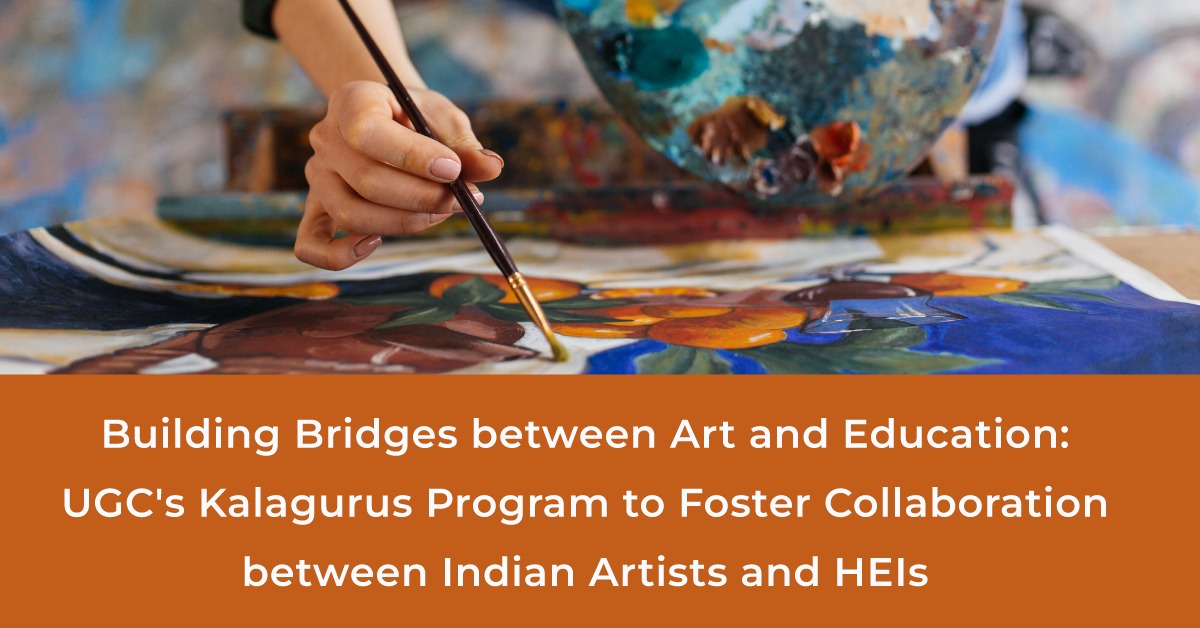
UGC promotes inclusion of Indian Artists and Artisans in Indian HEIs as ‘Kalagurus’ The University Grants Commission (UGC) has recently proposed a draft regulation that will appoint local artists and artisans in colleges and universities. This initiative aligns with the National Education Policy 2020‘s goal of bridging the gap between higher education and the arts. […]
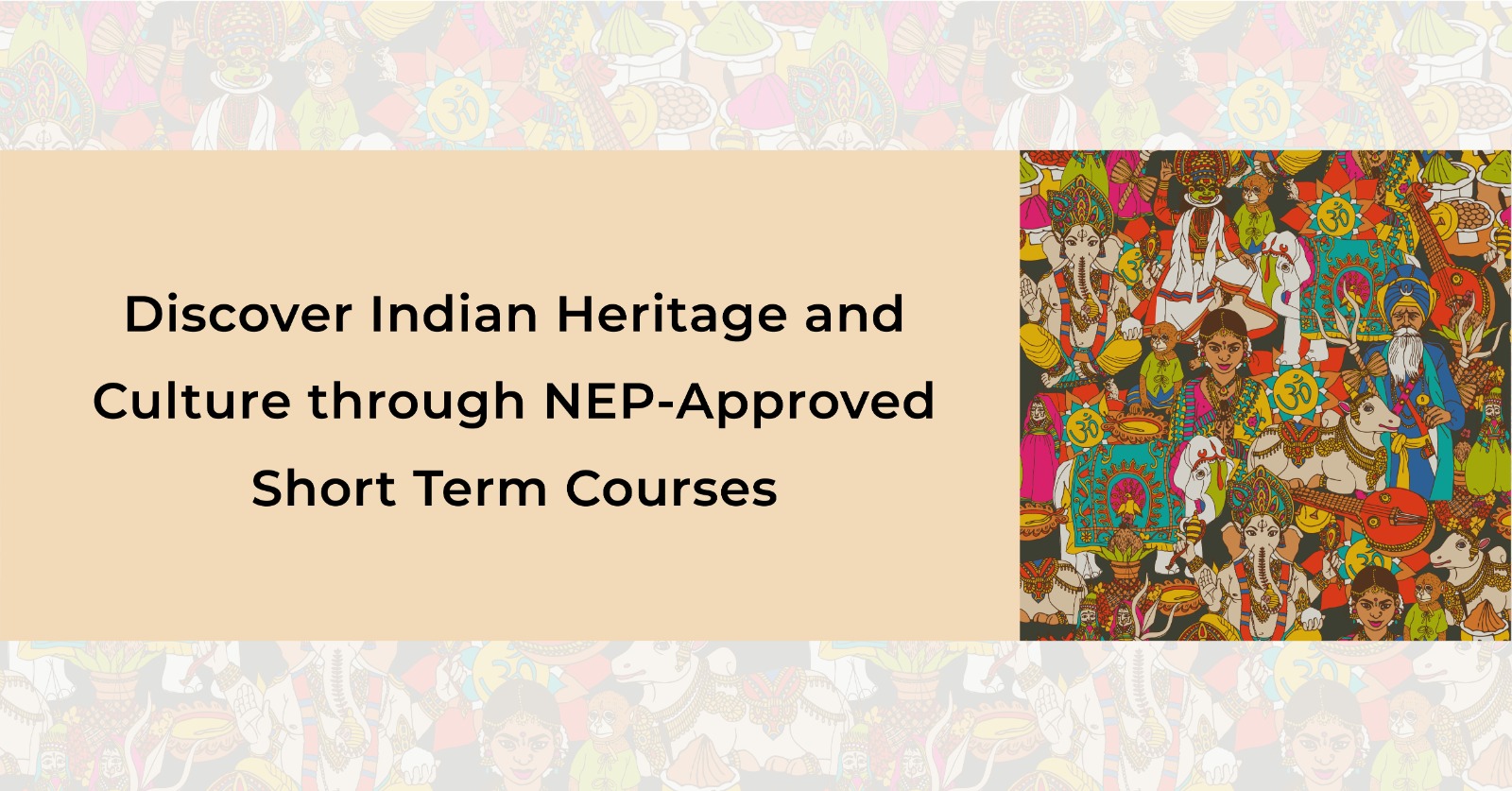
Understanding India: NEP-aligned Short Term courses on Indian Heritage and Culture India is a land of rich heritage and culture, and the University Grants Commission (UGC) has proposed introducing courses that showcase this diversity to attract international students. The UGC has issued draft guidelines for higher educational institutions to offer short-term modular programs on various […]
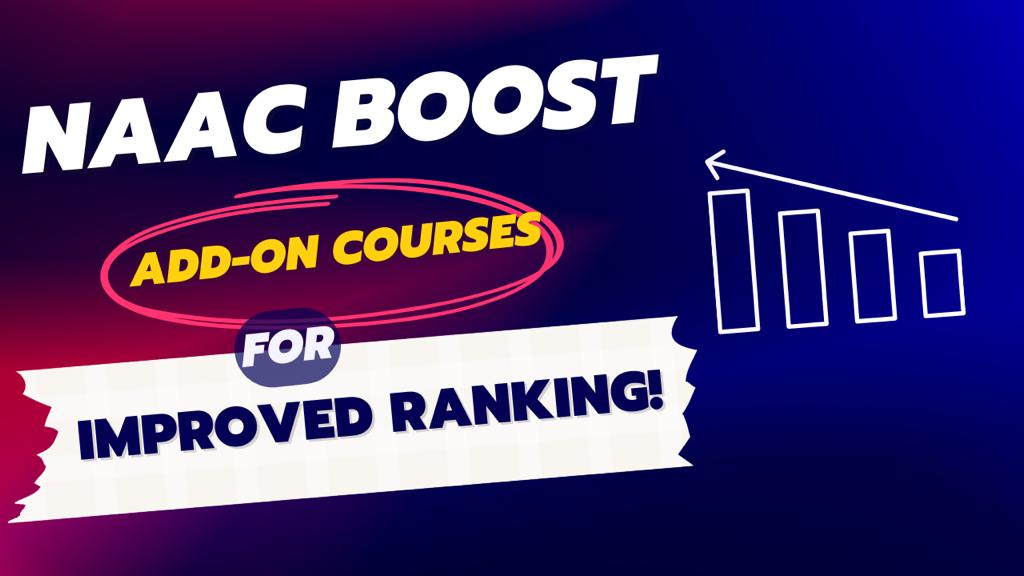
Add-on courses are short-term training programs that are designed to supplement the core curriculum of a degree program. These courses are usually offered as certificate or diploma courses, and they provide students with additional skills and knowledge that are relevant to their field of study. Add-on Courses and the New Curriculum Framework The hallmark of […]
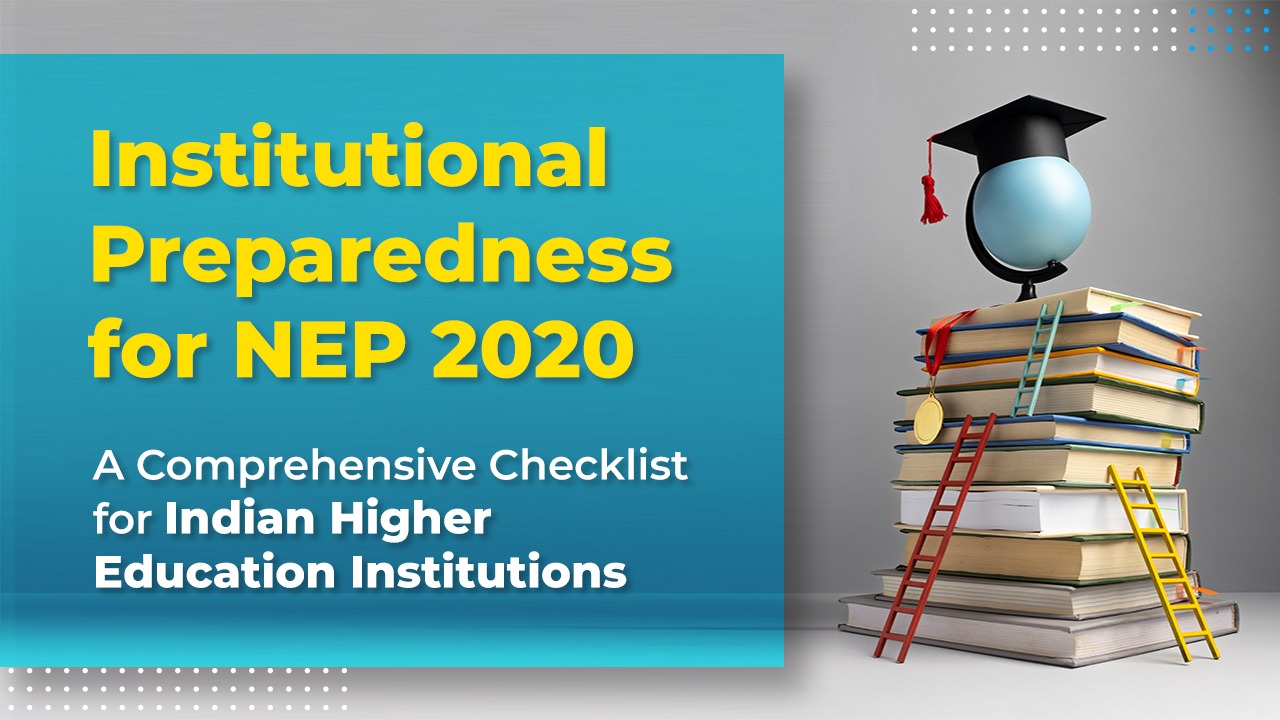
As per the National Education Policy 2020, higher education in India is poised for a transformational change. All Indian HEIs will be expected to achieve a number of milestones to ensure they are fully prepared for the rollout of NEP 2020. This is also a requirement for Accreditation. When trying to get your institution ready […]
Red Hat Academy (RHA) is a Free Academic partnership from Red Hat, the American multinational software company and the world’s leading provider of enterprise open source solutions. Red Hat Academy provides a curriculum to help education institutions keep pace with the demands of the industry. The curriculum involves hands-on instruction across the platform, middleware, and […]
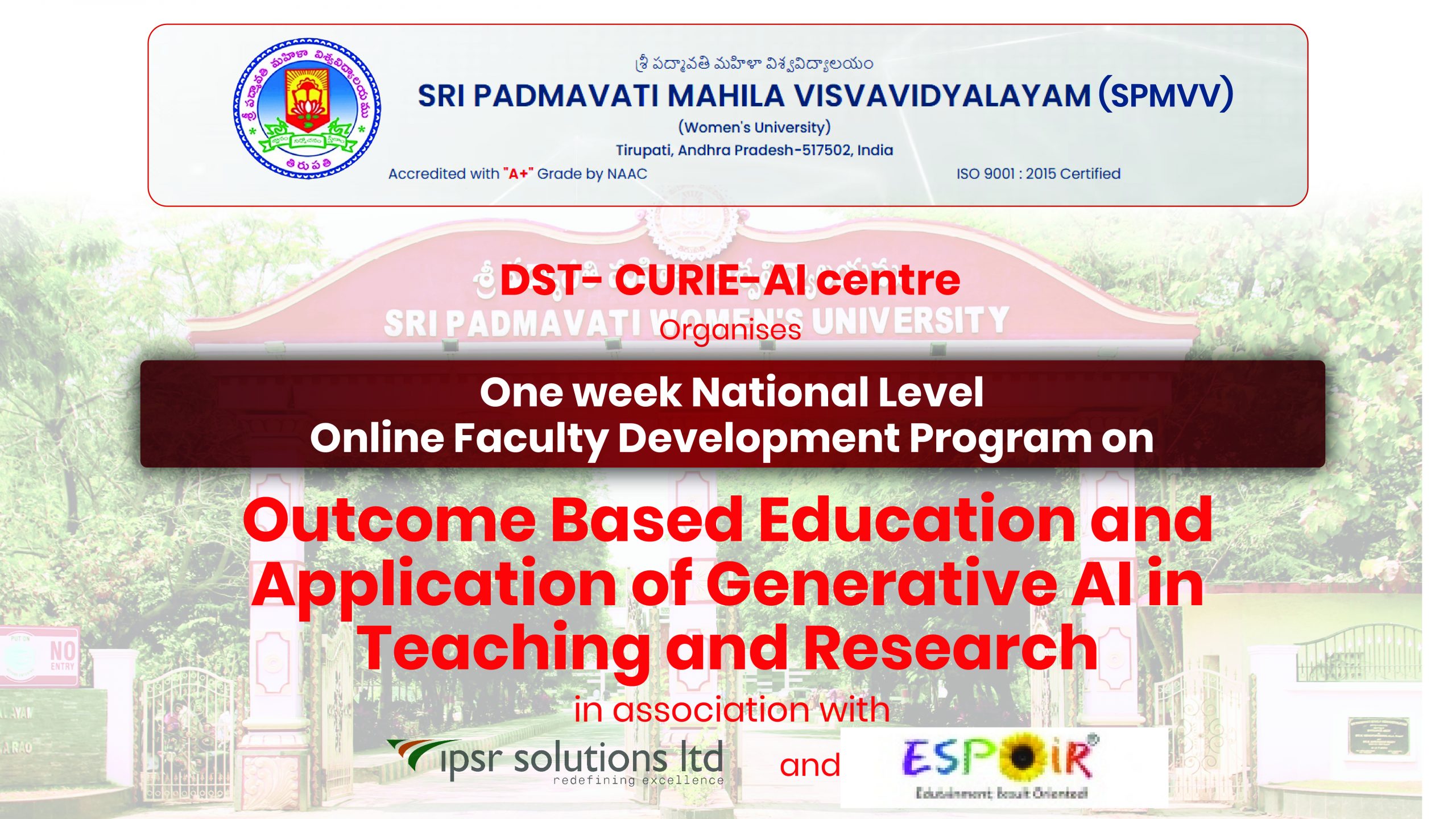
Highlights of the FDP: The resource persons for the seven-day sessions were Dr Sunil Job KA, Dr Suresh Namboothiri, and Dr Thomas Varghese. Programme sessions are delivered through synchronous-asynchronous hybrid mode. Live webinars steered the Inaugural session and streamed through multiple channels. Hands-on Activities through LMS provide an enriched learning experience. 1509 Participants and 593 […]
Copyright @ 2026  ipsr solutions limited. All rights reserved
ipsr solutions limited. All rights reserved
A good review about the changes education system in india is going through after 1947 until today.
Dear John Deepak DSouza, Thanks for leaving us such wonderful feedback. We are happy that our blog was informative and valuable for you. If you have any queries, feel free to contact us at academicsolutions@ipsrsolutions.com
Bringing Indian education system to the modern international scenario is much interesting.This concept if more focused on even rural development, then its well and good.
Dear Rashmi, Thanks for leaving us such wonderful feedback. We are happy that our blog was informative and valuable for you. If you have any queries, feel free to contact us at academicsolutions@ipsrsolutions.com
Gearing up Indian higher education towards Global standards is the need of the hour. Informative.
Dear Narendran P, Thanks for leaving us such wonderful feedback. We are happy that our blog was informative and valuable for you. If you have any queries, feel free to contact us at academicsolutions@ipsrsolutions.com
Thank you, feel free to contact us at academicsolutions@ipsrsolutions.com